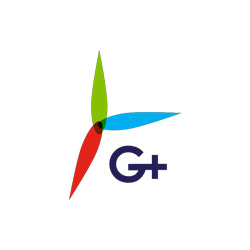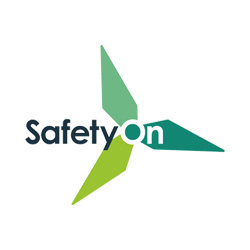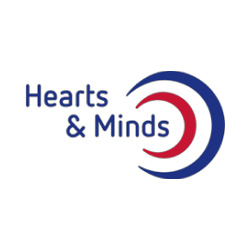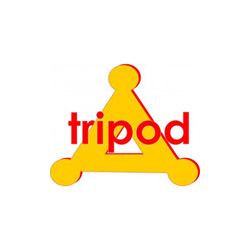Scientific and Technical Advisory Committee
2024 Review of the Technical and Innovation programme
Read the full report
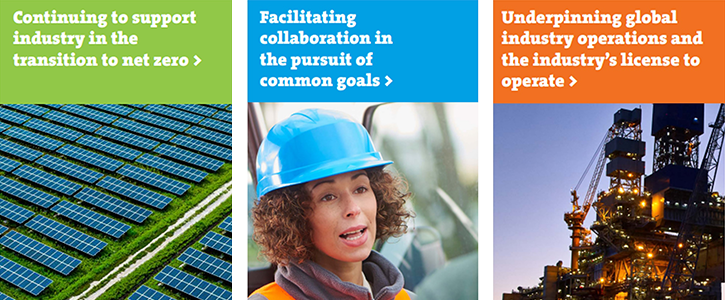
Scientific and Technical Advisory Committee
2024 Review of the Technical and Innovation programme

Scientific and Technical Advisory Committee
2024 Review of the Technical and Innovation programme
Read the full report
Watch the video

What makes the EI Technical + Innovation programme unique
The Energy Institute is the independent custodian of technical and innovation expertise for the global energy sector. Our aim is to help the rapidly changing industry move towards a safer, lower carbon future.
Access 100+ years of industry knowledge and experience
Read moreWe develop and share comprehensive, objective and authoritative resources that ensure the highest standards of health, safety, environmental protection, sustainability and operational efficiency are met.
Develop your employees’ talent
Read moreAs a global leader in energy training we give EI Technical + Innovation members access to expert knowledge, training and tools that can hugely benefit their employees, both professionally and personally.
Gain value adding ROI
Read moreFor every £1, $1 or ¥1 invested in EI membership, 50 comes back in added-value impact. We add value by saving lives, mitigating risk, strengthening licence to operate, improving efficiency and more.
Lead the energy transition
Read moreThe energy transition is the biggest challenge of our time and it can only be realised by working together.
Share your company’s expertise
Read moreThe EI's Technical + Innovation programme is for the industry, by the industry, and that means members have a real voice in the future of the global energy sector.
Utilise our knowledge + your experience
Read moreWe are the independent custodians of technical and innovation expertise for the global energy sector. Add your experience to the collective knowledge of our industry.
We are the memory and heart of our industry
Read moreWe generate and share objective, authoritative and trusted standards and resources to strengthen our members’ licence to operate and organisational performance.
We are the memory and heart of our industry
We generate and share objective, authoritative and trusted standards and resources to strengthen our members’ licence to operate and organisational performance.
Share your company’s expertise
Access 100+ years of industry knowledge and experience
We develop and share comprehensive, objective and authoritative resources that ensure the highest standards of health, safety, environmental protection, sustainability and operational efficiency are met.
Lead the energy transition
The energy transition is the biggest challenge of our time, and it can only be realised by working together.
Develop your employees’ talent
As a global leader in energy training we give EI Technical + Innovation members access to expert knowledge, training and tools that can hugely benefit their employees, both professionally and personally.
Gain value adding ROI
For every £1, $1 or ¥1 invested in EI membership, 50 comes back in added-value impact. We add value by saving lives, mitigating risk, strengthening licence to operate, improving efficiency and more.
Utilise our knowledge + your experience
We are the independent custodians of technical and innovation expertise for the global energy sector. Add your experience to the collective knowledge of our industry.
EI Technical + Innovation in numbers

Industry standards and good practice documents and other resources published annually
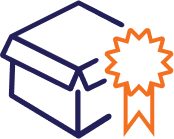
Titles in a portfolio, with 1000+ wider industry resources via the EI Knowledge Service

Last year, the EI’s technical research programme budget was:
Collaboration delivering support for the energy transition
EI Technical + Innovation offers two tiers of membership: Technical Partner and Technical Company Member. Both tiers of membership allow access to the wider benefits of the EI.

"It is my privilege to work in collaboration with members of the EI, regulators and wider stakeholders, and to lead the development and delivery of technical resources which are used globally across our industry."
We are funded and supported by technical company members and partners in 120 countries. We produce research on health, safety, environment and quality (HSEQ) issues and set standards and good practice in support of safe and responsible generation of energy. Our members and partners from across the energy world benefit hugely from participation in, and access to, our technical and innovation work.
Lisa Rebora FEI, STAC Chair
Head of Global Lithium, Equinor

"As we face an increasingly complex global energy landscape, the need for collaboration, innovation, and shared expertise has never been more critical."
At its core, our technical work programme is designed to generate tangible, value adding returns for our industry partners. Our members are not just participants but influential contributors to the future of the global energy sector – their expertise and experience have a direct voice in shaping the course of the industry.
Dr Nick Wayth CEng FEI FIMechE
Chief Executive, Energy Institute


